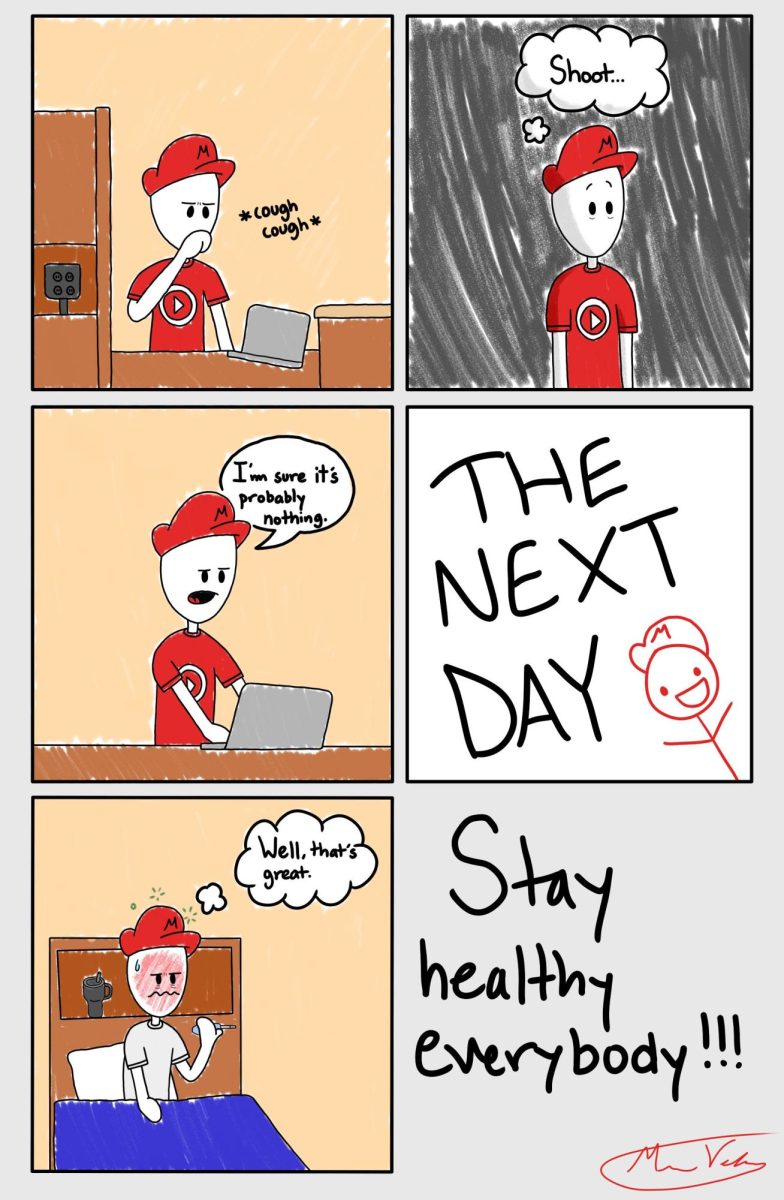Finding profitable entertainment can be difficult, and the value of video games as entertainment has been hotly debated between generations ever since the first Odyssey consoles hit the shelves in 1972.
To be profitable, activities must add value to your life or the lives of those around you. There’s no real addition to your quality of life if entertainment exists solely as idle distraction, and Christians especially should understand the importance of time well spent in light of eternity. So how can entertainment be defined as profitable?
First, profitable entertainment should stimulate creativity. A lot of games allow gamers to design or recreate incredible worlds. These kinds of games are called “creative sandbox” games, because you’re like a kid playing in a sandbox building whatever your imagination can produce.
For example, Minecraft is a game where users can use individual blocks to build anything. Adam Cook from Red Bull put together a list of amazing creations people have made using the game, including the Eiffel Tower and a recreation of Disneyland. A user called Fishyyy recreated a whole city from Lord of the Rings. Cook said the stats are “standing at 22 hours and 20 minutes and using ‘about 6 million blocks’” to recreate the incredible architecture.
Some would argue that spending over 22 hours recreating a digital city is a waste of time. But who would say a painter wastes his time recreating a city on a canvas, or a singer wastes the hours she spends learning and performing her songs? A gamer who builds is a creator in their own field with as much artistic credibility as more traditionally accepted expressions of creativity.
Second, profitable entertainment should encourage learning. One of the biggest objections to video games is that they are a waste of time. Go outside, breathe air, get a job, right? Who should waste their lives in front of a screen? This point of view is a harmful stereotype because we know that anything in excess, not just video games, is bad. Playing video games is an activity that can be overdone, just like everything else, and harmful games should be avoided, like all harmful content should be. But in moderation, it can raise a person’s quality of life.
Gamers develop skills like business management, art development, critical thinking and attention to detail.
Jane Wilde, an instructor at Marlboro College in Vermont, says on InformED that in her own experience, “game-based learning is motivating because it is fun. A lot can be accomplished in a virtual environment that would not be possible in real life . . . the visual and kinesthetic experiences in virtual worlds contribute to our ability to learn.”
I used to play Rollercoaster Tycoon, a game where you create and manage your own theme park. At 12 years old I started to learn the basics of how to be judicious with finances, how to keep customers and employees satisfied and even some of the basic physics considerations of roller coaster construction, like velocity and momentum. While managing a theme park may not be in my future, the skills I learned have already helped in my understanding of business principles.
Third, profitable entertainment should be capable of connecting people. What if you were the only one in the audience at Living Gallery? What if you ate in the DC by yourself for every meal? What if no one ever saw your art or heard your songs or laughed at the memes you like? As we have all experienced through isolation because of COVID-19, life is empty without other people.
When I played that game Rollercoaster Tycoon, my older brother was by my side teaching me his tricks. Or I was by his, watching him create. Sometimes we would compete by building rival civilizations or racing each other in Mario Kart, fighting to get the best resources. It wasn’t too much of a stretch from real life. When we played, we were teammates, enemies, creators—together.
Beside creating inside of games, creating the games themselves give people an incredible interactive way to share ideas or experiences with a mass amount of people around the world. For example, the video game That Dragon, Cancer is a heart-wrenching story of the journey a family took when their little boy was diagnosed with cancer. The father expressed the overwhelming confusion and emotional terror that they felt by designing abstract scenes that users can navigate.
One scene showed the parents in a room with the doctor receiving the terrible news, and as the conversation progressed the room filled with water. This painfully demonstrated their feelings of drowning emotionally.
Walking through the whole game was therapeutic and emotional for me as well because I was able to connect it to my mother’s battle with cancer.
Games Done Quick is a charity event hosted every year that brings together specialized gamers from all over the world to compete. These gamers use incredible coordination and skills to complete games at lightning speed, and people watching can donate in support of their favorite players. Their 11th annual marathon completed this January raised over $2.75 million for the Prevent Cancer Foundation.
A gamer who builds is a creator in their own field with as much artistic credibility as more traditionally accepted expressions of creativity.
We’ve seen that video games are profitable entertainment because they stimulate creativity, encourage learning and connect people. What’s not profitable is stereotypes about video games or gamers that don’t look at the big picture. Stereotypes are always harmful. They put people or things in boxes that limit potential and isolate whatever does not fit in those boxes. The next time the topic of gaming comes up, let’s play from a better point of view.

























































